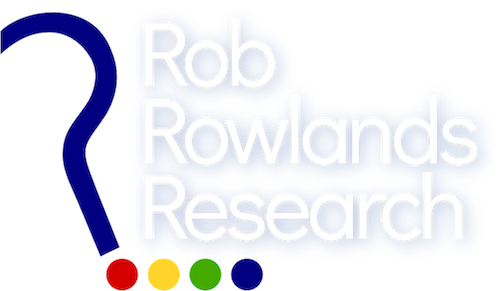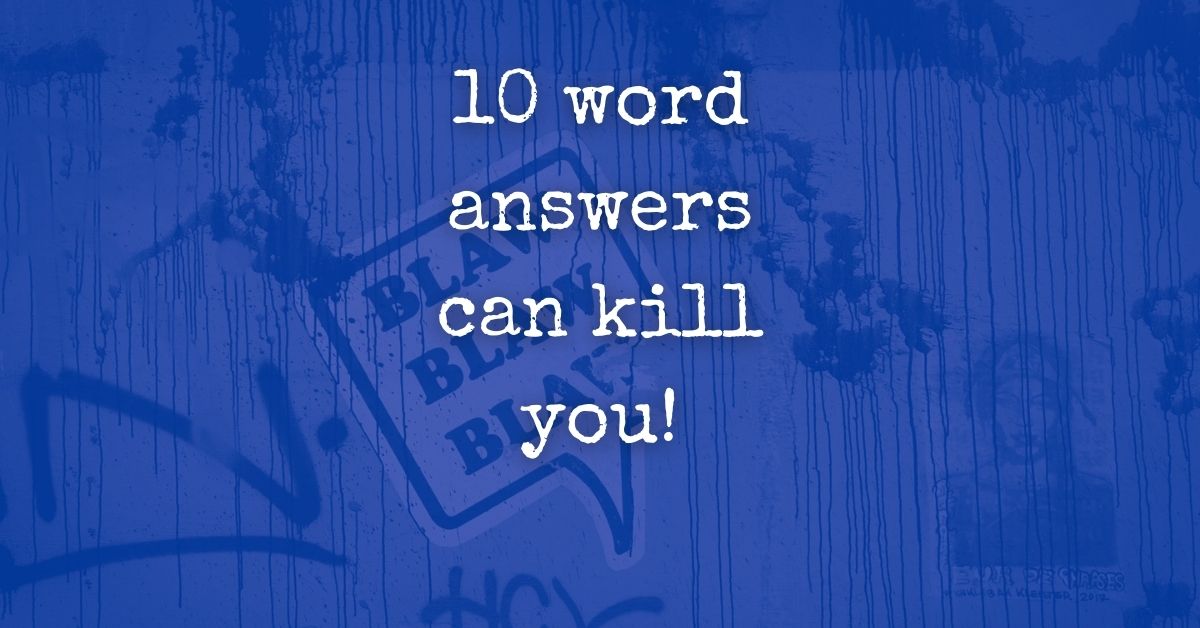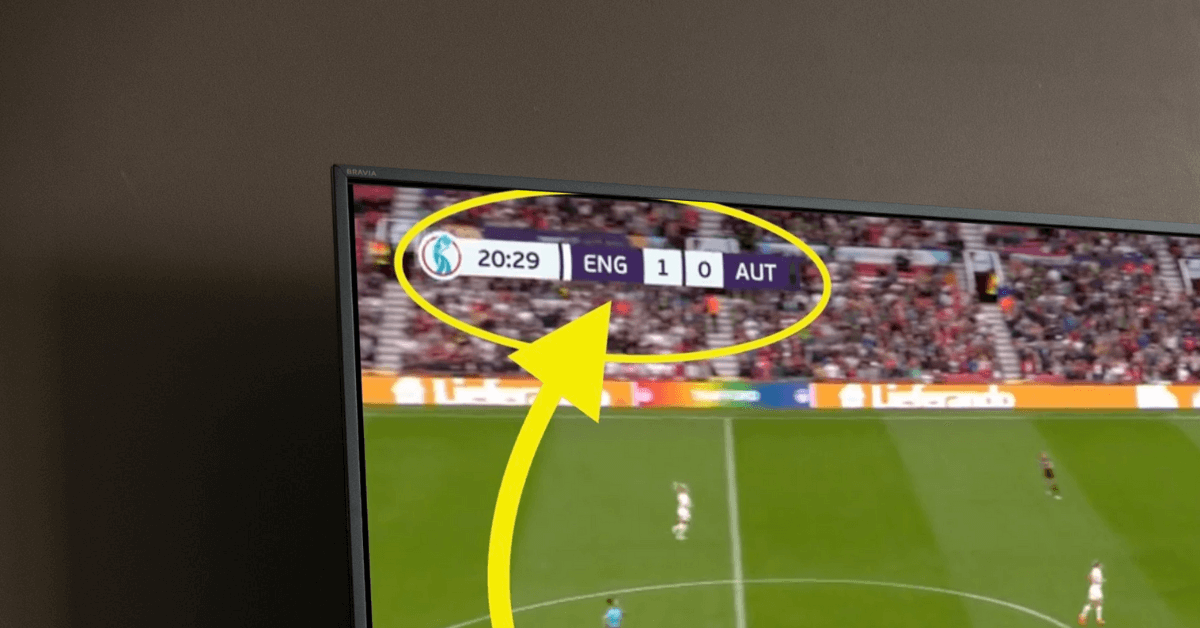How are we doing?
The importance of evaluation in partnerships and projects
23 February, 2023
"Can do" means nothing if you can't say what you have done.
Knowing that you have made progress is good for your confidence and that of others. To do it effectively requires clear measures of success and progress. Get those right and they ensure you can keep track of the progress you want to make and what more you need to do to achieve it.
What you need is an ongoing evaluation.
Imagine that you want to lose weight and you decide to go on a diet to do so. If you don’t weigh yourself regularly you wouldn’t know how you are doing or if you’ve achieved your goal. And most importantly, not weighing yourself at the beginning means you have no idea how far you’ve come.
The same is true for the projects you are engaged in. So how can you measure progress?
Setting clear objectives
Firstly, it is essential to have clear objectives of what you aim to achieve. The Can Do approach encourages partnerships to establish these at the outset. Making them meaningful to all partners with a firm eye on what your achievements should look like helps set a clear goal to aim for. Remember the diet? Exactly how much weight do you want to lose? What is your target to achieve?
In setting those objective it is helpful to set your project into a wider context. The Future Generations Act Well-being Goals and Ways of Working are a helpful guide and who would argue against them. They are broad enough to encompass everything you are likely to want to achieve so needn’t be seen as a restriction on what your project could or would deliver.
Whilst it is likely that overall your partnership and project will contribute to all 7 goals, it will do so in a myriad of ways. Each activity will add small parts to those goals though they will not necessarily add to every goal. However, when looking the outcomes of your project as a whole, it is likely that you will have contributed to most - if not all - of these important goals.
Remember, the sum of the parts is the important outcome to consider in doing this.
Getting buy-in from partners and stakeholders
Secondly, your objectives will be more meaningful and achievable if you get buy-in from stakeholders and partners from the outset and throughout. The Can Do approach recommends that this is based on the 3Cs approach – getting the client (you), contactors (particularly local businesses) and the community (your residents) to collectively agree what you all want to achieve, keep an eye on progress and sign off on the lessons learnt at the end
Typically, measures of progress have been quantitative - numbers of things completed or created, amounts of money spent - but these only paint part of the picture.
To tell the full story it is also important to think about qualitative measures: what people think and how they feel; the bumps in the road as well as the milestones passed. It doesn’t just add colour to the picture but provides insights for learning that can be used in the future by you and others. If you’re on a diet, not all recipes work for you all of the time.
Once you have begun, keep checking your progress. Like the weekly weigh in whilst dieting it is good to periodically measure your progress using the metrics you have chosen. But make sure you weighed yourself right at the start too!
Follow these principles and demonstrating to yourself and others that you are making progress will ensure you Can Do.
This article first appeared as part of the Can Do Toolkits blog.
You may also be interested in
Thought, inspiration and how-to straight in your inbox - Sign up today
By subscribing you will receive our newsletter up to 4 times a year and occasional news of forthcoming events. You can unsubscribe at anytime.





